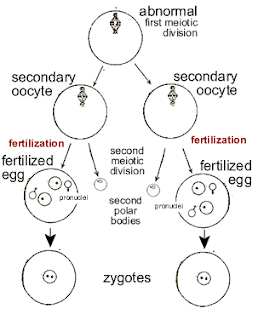
Croatian history seems somehow to be shrouded in mystery, despite strenuous efforts of the historians to find out with pinpoint accuracy which part of the globe our ancestors resided. No one seems too sure as to whether it was here or there down to the migrations. While one is of the opinion that we are from Iran, the others claim something else. According to Ferdo Siscic, one of the greatest Croatian historians, Croatians may really have its roots somewhere in the Caucasus, as does the word Hrvatska (pronounced /hrvacka/). The word Horovathos is traced on two stone inscriptions in Greek language and script (year 200 a.d.) found by the Black sea. What is interesting is that the name Chrowat (= Croat) appears in the region of northern Steiermark. There is a place called Kraubat to which the word Chrowat relates. What is more, in Corinthian there is a place called Kraut, which name is also derived from the Middle Age name Chrowat. If you want to find more, have a look at http://www.croatianhistory.net/etf/et01.html#buga.
Next time I could explain the symbols on our flag. Isn’t it a great idea?
Have fun!
Have fun!





 This fabulous and hilarious book begins on New Year’s Day with a divine lunch in a restaurant in France. Peter Mayle and his wife have for long been considering to realize their long-cherished dream to move to Provence, where they spent their hot summer holidays. Finally, they bought a charming 200-year-old farmhouse at the base of the Lubéron Mountains, took French lessons and shipped their two dogs from UK.
This fabulous and hilarious book begins on New Year’s Day with a divine lunch in a restaurant in France. Peter Mayle and his wife have for long been considering to realize their long-cherished dream to move to Provence, where they spent their hot summer holidays. Finally, they bought a charming 200-year-old farmhouse at the base of the Lubéron Mountains, took French lessons and shipped their two dogs from UK.

 A rainy day, time after lunch – a perfect time to take a nap. If only dreams could get true! If only! I have to admit that I wasn’t much into talking at the beginning, which is why I gave my words rather to Dina. But it didn’t last to long that my tongue got into gear. The question then was:
A rainy day, time after lunch – a perfect time to take a nap. If only dreams could get true! If only! I have to admit that I wasn’t much into talking at the beginning, which is why I gave my words rather to Dina. But it didn’t last to long that my tongue got into gear. The question then was: 













